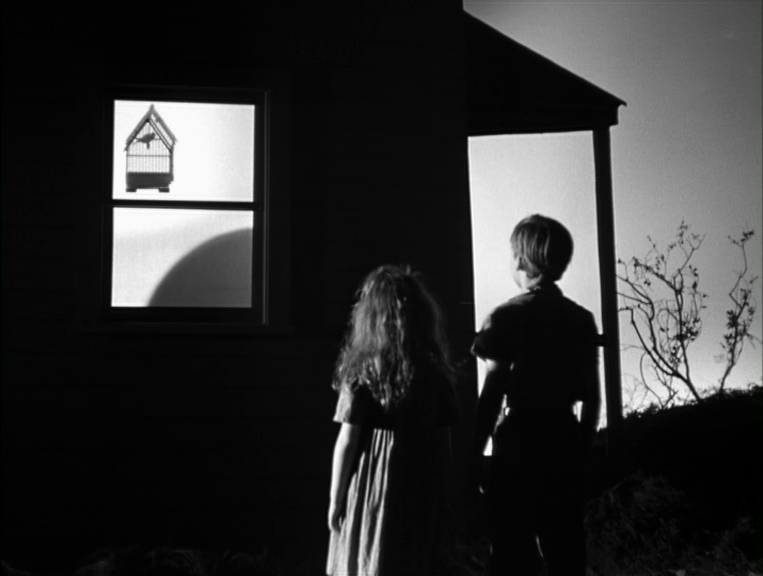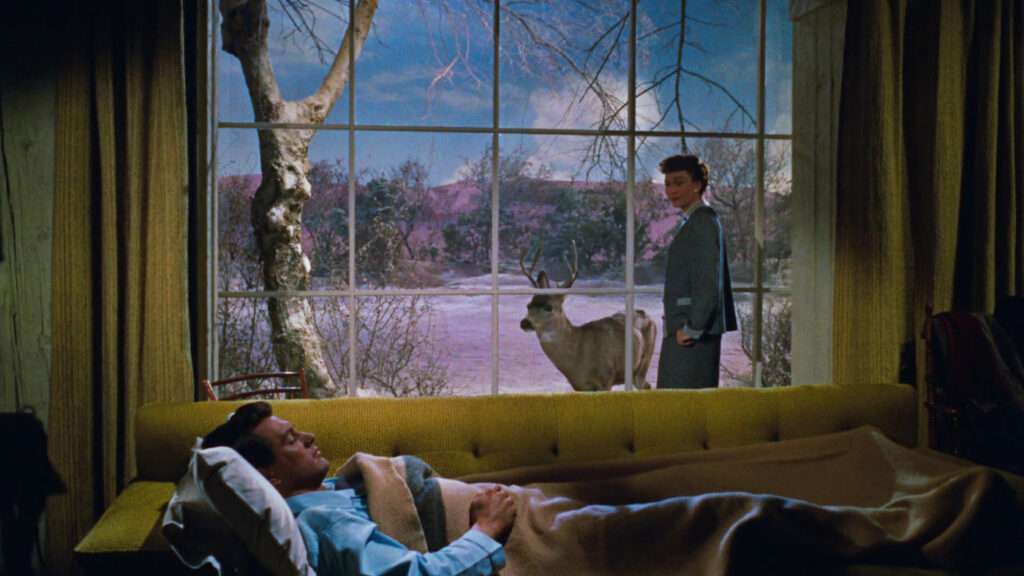Pier Paolo Pasolini, a prominent Italian film director, is often regarded as one of the most influential artists in Italy. With his extensive range of talents, Pasolini left an imprint on literature, poetry, journalism, theater and film-making. He was widely considered as a radical figure, for his subjects and his style. Pasolini was a vocal critic of Italian society, constantly expressing his discontent with the social and political status quo. His works were usually imbued with themes of subversion, rebellion, and eroticism, thus challenging the moral and ethical codes of his time. In this context, the murder of Pier Paolo Pasolini after the release of his controversial film “Salò, or the 120 Days of Sodom” remains one of the most shocking and perplexing events in Italian culture and history.
“Salò”, which is Pasolini’s final film, is a political and philosophical examination, built upon the adaption of the infamous novel “The 120 Days of Sodom” by Marquis de Sade. In the film, Pasolini tells the story of four Italian fascist leaders who force a group of young boys and girls to serve them in order to pleasure their darkest selves. “Salò” tells the story of these men, who have made themselves a law, devoid of any morality or decency, and who inflict physical and psychological harm to their victims. The film, like most of Pasolini’s works, is emblematic of Pasolini’s political and moral vision of Italy, which he saw as a country where the essential ethical and political structures had been corrupted and replaced by fascist-inspired systems of power. But after the release of “Salò”, Pasolini’s message and vision have been overshadowed by the violence and brutality portrayed in the film.
Censorship
Despite the controversies surrounding the film, “Salò” went on to become a critical success, receiving praise for its cinematic brilliance and the powerful depiction of the fascist regime. Pasolini’s vision for the film was always seen as a bold artistic statement, a direct challenge to the traditional values of Italian society. During the time of the film’s release, however, the Italian Communist and Christian Democrat Party banned the film, claiming that it was obscene and did not reflect the reality of Italian society. The censorship of the film resulted in several protests led by left-wing intellectuals and students. Pasolini’s vision and philosophy had indeed struck a deep chord, awakening the Italian people and forcing them to confront the reality of their society.
Brutally Murdered
But the success of the film was met with a terrible tragedy. On the night of November 2, 1975, just a few months after the release of “Salò”, Pier Paolo Pasolini was found brutally murdered. Pasolini’s body had been crushed by a car, several times, and his face had been smashed in with a metal bar. The circumstances surrounding Pasolini’s death were perplexing, as there were a number of inconsistencies in the official story. The investigation into Pasolini’s death was carried out under the assumption that the killing had been politically motivated. The issue of Pasolini’s homosexuality was also brought to the fore, with repeated questions about whether the assassination had been the result of a homophobic attack.
At the time of his death, Pasolini was at the height of his creative powers. However, he was also a controversial figure, with a reputation for being provocative and confrontational in his work. “Salò” had opened up a new, darker horizon in Italian cinema, carrying with it the weight of Pasolini’s moral and political criticisms of Italian society. The film was seen as daring and challenging, but also as offensive, vulgar, and obscene.
Unsolved Mystery
The assassination of Pasolini is of profound significance in Italian history, and it has generated much speculation. In the years that followed his death, many theories about Pasolini’s killers were put forward, but none of these have been substantiated. Some have suggested that Pasolini was killed by the Mafia, who feared that he had evidence that would expose their criminal activities. Others have claimed that Pasolini was a victim of far-right conspiracy, in retaliation for his critique of fascist ideology. Some have even speculated that Pasolini’s death was the result of a sex game gone wrong, with his partners getting carried away and killing him.
Conclusion
The mystery of Pasolini’s death still lingers, and it is likely that we will never know the full story of what happened. However, what is clear is that Pasolini’s legacy and contribution to Italian art and culture will continue to inspire generations of new artists and thinkers. His work, which championed the marginalized and the oppressed, challenged the political and social status quo, and offered a powerful critique of Italian society, remains as relevant today as it was during his lifetime. In his life and in his work, Pasolini was a force of nature, unafraid to challenge the powerful and to speak truth to power. His life may have been cut short by tragedy and violence, but his message and his vision will continue to resonate for years to come.




